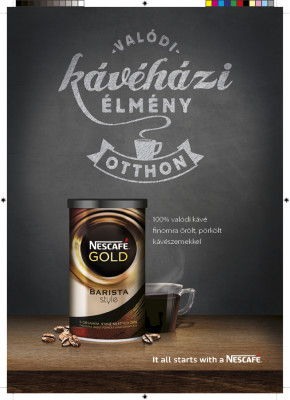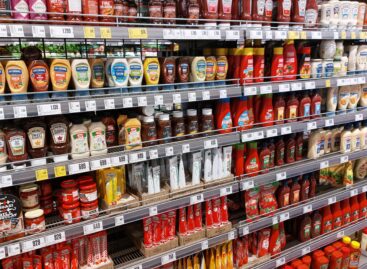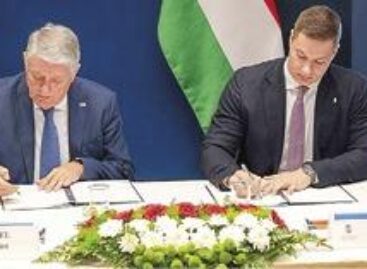Magazine: Shades of black
Balázs Szabó, Horeca manager with Mocca Negra Zrt. is of the opinion that effects of recession can still be felt in the Hungarian coffee market. During the years of recession per capita consumption fell from 4kg to 3kg and the proportion of home use increased. Many consumers are still switching to cheaper products or drink less coffee. At the same time it is also true that Hungary’s coffee culture is turning in the direction of quality. Mocca Negra Zrt., one of the biggest independent coffee companies in Central and Eastern Europe, expanded its portfolio with higher-quality coffees, but the bulk of their products belong to the lower medium-priced category. By the end of the year their top-category Bravos Premium 100% Arabica will also be available in shops. Nescafé brand manager Bence Kertész reckons that the negative trends seem to turn around: according to Nielsen data, the coffee market grew in both value and volume in 2014. In the last few years the proportion of private label products kept growing. Being a strong brand, Nescafé managed to increase its market share in the difficult market environment. The popularity of instant, capsule and pod products is growing. Bence Vig, the managing director of Progast Kft. told us that there is a friction in the domestic coffee market: there are many poor quality products in the market but demand is also growing for good and premium quality coffees. . Mr Kertész informed our magazine that the majority of Hungarian coffee drinkers – unlike consumers in neighbouring countries – like espresso-type coffees, but the popularity of latte is also on the rise, especially among young people. In the last two years sales of capsule products improved by two-digit numbers. At the end of 2014 a special product, Nescafé Gold Barista style was launched in Hungary: 95 percent of it is instant coffee and 5 percent is finely ground Arabica. Mr Szabó explained that in the Horeca segment there is demand for fresh, youthful and exclusive new brands too. All in all, quality coffee consumption is making progress in Hungary – but in many cases consumers are just trying new trends and special products and don’t become regular buyers yet. Mr Víg reckons that above a certain number of guests, for Horeca units it is worth buying a small-capacity automatic machine with grinder. For instance hotels have started to discover these, especially for serving breakfast. It is very important that automatic coffee machines have to be installed and put into operation by an expert technician. Having the necessary information on a café or bar, Progast Kft. works out tailor-made recommendations for what kind of coffee machine to use. Mr Szabó talked to Trade magazin about the evolution of coffee machines. One of the biggest developments has been the introduction of ‘one-touch’ technology. According to Krisztina Kovács, brand executive & CRM specialist with Nestlé, these days manufacturers want to make the coffee house experience available to consumers in their homes. As for coffee houses and bars, serving top coffee can make guests come back regularly
Related news
Related news
A colourful selection of sauces on the Easter table
🎧 Hallgasd a cikket: Lejátszás Szünet Folytatás Leállítás Nyelv: Auto…
Read more >NGM-VOSZ cooperation agreement for digital commerce security
🎧 Hallgasd a cikket: Lejátszás Szünet Folytatás Leállítás Nyelv: Auto…
Read more >







